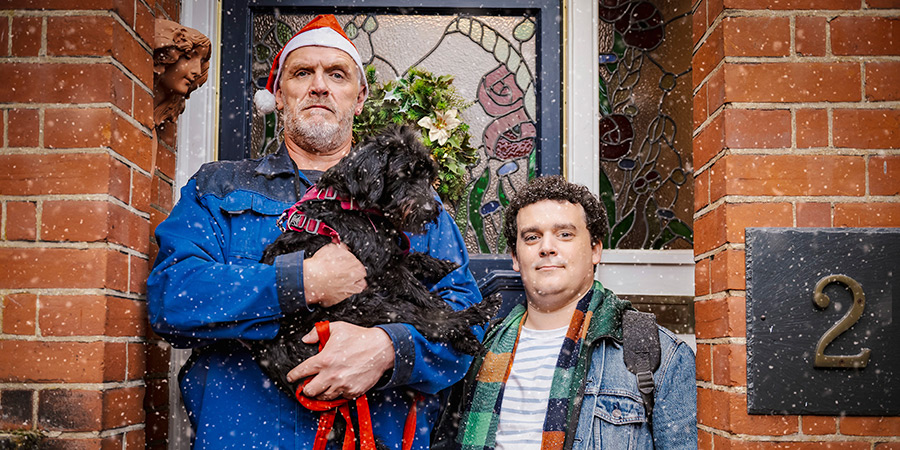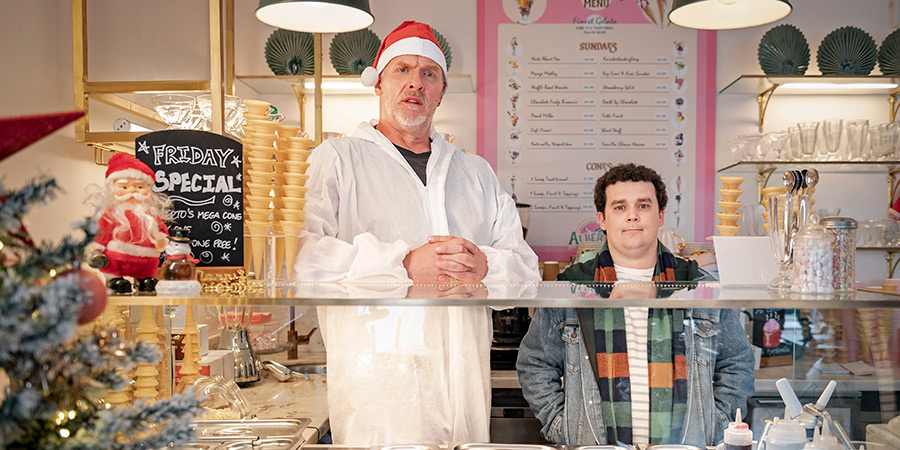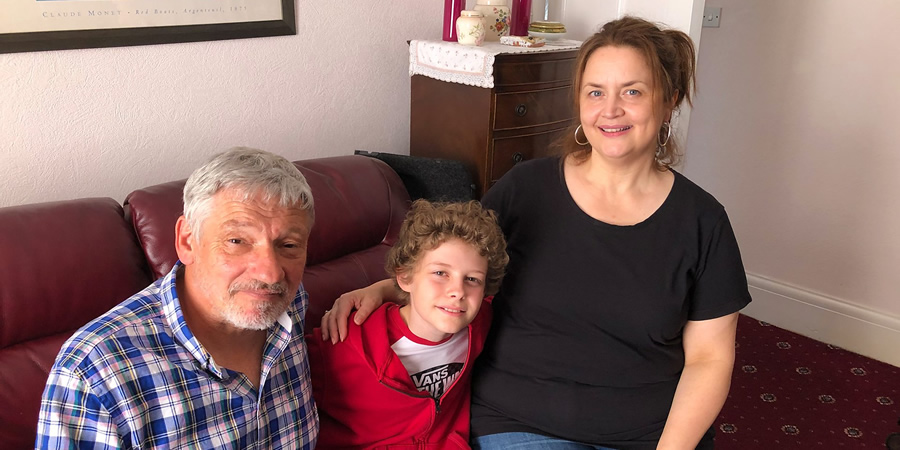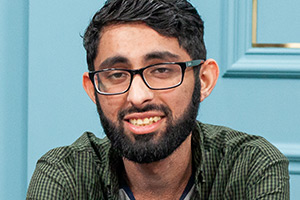Why aren't there more openly autistic characters in British comedy?

To tie in with Autism Awareness Month, Hassaan Mohammad takes a look at the topic of autism in British broadcast comedy.
There are around 700,000 autistic adults and children in the UK, according to the National Autistic Society. This doesn't include those who are not officially diagnosed.
I'm one of the 700,000 and I'm also extremely fond of British comedy. I enjoy everything from studio sitcoms to panel shows to sketch shows, scripted or unscripted. There's a common misconception that autistic people don't understand humour but it's a matter of whether the humour speaks to us, and British humour does that for me. There are other autistic people I count as some of the funniest people I know.
However, I've realised there have been very few openly autistic characters in British comedy. Amongst others, I have noticed that the characters of Bryn (Gavin & Stacey), Karen (Outnumbered) and Miranda (Miranda) all appear to exhibit autistic traits. However, this is purely speculative as it's not explicitly stated by the writers.
Even if a writer hasn't specifically decided to make a character autistic, most writers base their characters on traits they've seen in real life - and many autistic people, especially older people, are undiagnosed. It's possible that some writers have written in autistic traits they observed in actual autistic people - or even themselves.

A recent example of a show featuring an explicitly autistic character is BBC One's The Cleaner, broadcast at Christmas in 2022. The show stars Greg Davies as 'Wicky', a crime-scene cleaner. The episode sees Wicky cleaning up an ice-cream parlour, when a regular customer arrives, demanding to have his ice cream made in the way he usually has it. But the customer is unaware that the parlour owner has died and he finds this difficult to accept. The character, Robert Kendrick, is played by Robbie Curran - an actor who's also autistic. Robert reveals his condition to Wicky early on, and the bulk of the storyline is centred around the character's strict adherence to his routine.
Robbie Curran was also involved in the writing of the episode which I felt led to a more authentic portrayal of an autistic character than it would have otherwise been. For example, when Robert reveals his autism, Wicky responds with "well, everyone's a bit autistic aren't they?" which Robert shuts down immediately. Though Wicky is well known for putting his foot in it, his view is a rather common observation about autistic people that sadly too many believe, so seeing that exposed on a television show is definitely a positive move.

Other recent examples include Dinosaur, a BBC Three short released in 2021. It followed Nina, an undiagnosed young autistic woman and her foray into the world of dating. Nina is played by Ashley Storrie, the daughter of Scottish comedian Janey Godley, and is autistic herself.
There was also The Specials, a Radio 4 comedy released in 2019 which features Alex (played by Ruth Jones) and her son Henry (played by the autistic actor Charlie Lock), described as a "straight-talking, no-nonsense 12-year-old, with a passion for The Hitchhikers' Guide To The Galaxy and a diagnosis of Autistic Spectrum Disorder."

When a comedy features an openly autistic character, it's a difficult line to tread to avoid appearing as though the character was mocked for being autistic. However, this hurdle can be cleared simply by including autistic people in the creative process, as with The Cleaner, so the characterisation is inspired by their own experience, rather than someone's idea of how an autistic person "should" act.
Some of us, including autistic people, may be divided as to whether a comedy character being openly autistic is a good or bad thing. Personally, I think there's not enough openly autistic representation in television generally, let alone in British comedy. I can only see it being a hugely positive thing. Provided that such a character is not dealt with in a patronising way, I feel you can still push things comedy-wise, so we are laughing with the character, not at them.
I feel comedy is an especially powerful tool in documenting autistic people and their lives as comedy characters resonate with us more than characters within a drama. As viewers, we tend to empathise with comedy characters to a greater extent because we put ourselves in the shoes of the characters we love - whether it be because of the acutely embarrassing scenarios they find themselves in or the relatable character traits they possess to make us laugh. They could easily be us, or someone that we know.
I feel we're seeing a cultural shift with greater diverse characters appearing on screen in general and when characters speak with authenticity from writers and actors with similar backgrounds, we are all in for a credible, eye-opening and very funny treat.
Help us publish more great content by becoming a BCG Supporter. You'll be backing our mission to champion, celebrate and promote British comedy in all its forms: past, present and future.
We understand times are tough, but if you believe in the power of laughter we'd be honoured to have you join us. Advertising doesn't cover our costs, so every single donation matters and is put to good use. Thank you.
Love comedy? Find out more
